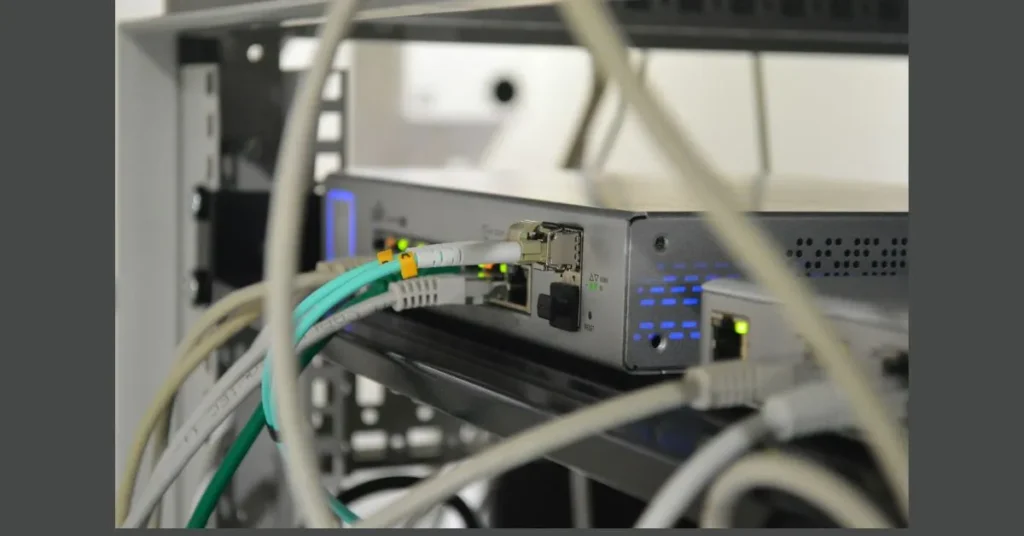Maintaining business continuity is crucial for any organization, especially in today’s fast-paced, technology-driven world. Reliable power management ensures that businesses can operate smoothly, even during unexpected power outages or disruptions.
By implementing effective power management strategies, companies can minimize downtime, protect critical data, and sustain their operations without interruption.
Contents
Understanding Your Power Needs
The first step in ensuring reliable power management is understanding your power needs. Assessing your current power usage and identifying critical systems and equipment that require continuous power is essential.
Many businesses rely on an inverter generator for backup power solutions. An inverter generator provides clean and stable power, making it ideal for sensitive electronic devices and critical systems.
Implementing Uninterruptible Power Supplies (UPS)
Uninterruptible Power Supplies (UPS) are crucial for protecting sensitive equipment and preventing data loss during power outages. A UPS provides immediate power to your systems when an outage occurs, allowing you time to safely shut down or switch to a backup power source.
Choosing the right UPS depends on your power needs and the duration of potential outages. For businesses with high power demands, a UPS with a larger capacity and longer battery life is essential to ensure continuous operation.
Utilizing Power Monitoring Systems
Power monitoring systems help businesses track and manage their power usage effectively. These systems provide real-time data on power consumption, allowing you to identify inefficiencies and potential issues before they escalate.
Power monitoring tools can alert you to abnormal power usage patterns, enabling proactive maintenance and energy-saving measures.
By monitoring power usage, businesses can implement energy-saving measures and optimize their power management strategies. For example, identifying and addressing energy hogs or adjusting operational schedules to off-peak hours can reduce overall power consumption and costs.
Additionally, power monitoring systems can integrate with building management systems to provide a comprehensive view of energy use across the facility.
Establishing a Power Management Plan
A comprehensive power management plan outlines the procedures and protocols for maintaining power continuity.
This plan should include details on backup power solutions, regular maintenance schedules, and emergency response procedures. Assigning roles and responsibilities to key personnel ensures that everyone knows what to do in the event of a power disruption.
Implementing Redundant Power Systems
Redundant power systems provide an additional layer of protection against power outages. By having multiple power sources, such as multiple generators or a combination of UPS and generators, businesses can ensure continuous power even if one system fails.
Maintaining Equipment and Infrastructure
Regular maintenance of power management equipment and infrastructure is essential for ensuring reliability. Scheduled inspections and servicing of generators, UPS units, and power monitoring systems can prevent unexpected failures and extend the lifespan of your equipment.
Regular maintenance should include testing backup systems under load conditions to ensure they perform as expected during an actual outage.
Keep an inventory of spare parts and consumables, such as batteries and filters, to quickly address any issues that arise. Partnering with a reliable service provider can also ensure timely and expert maintenance of your power systems.
Training and Awareness
Ensuring that your staff is trained and aware of power management procedures is crucial for effective implementation.
Regular training sessions can educate employees on the importance of power management and how to respond during power outages. Creating awareness about energy-saving practices and encouraging responsible power use can also contribute to overall efficiency.
Empowering your team with the knowledge and skills to handle power disruptions ensures a coordinated and effective response.
Staying Prepared
In today’s unpredictable world, staying prepared for power disruptions is essential for business continuity.
By understanding your power needs, investing in reliable backup solutions, maintaining your equipment, and more, you can ensure that your business remains operational during outages.
Embrace these strategies to safeguard your business, protect your data, and maintain continuous operations, no matter the power challenges you face.

